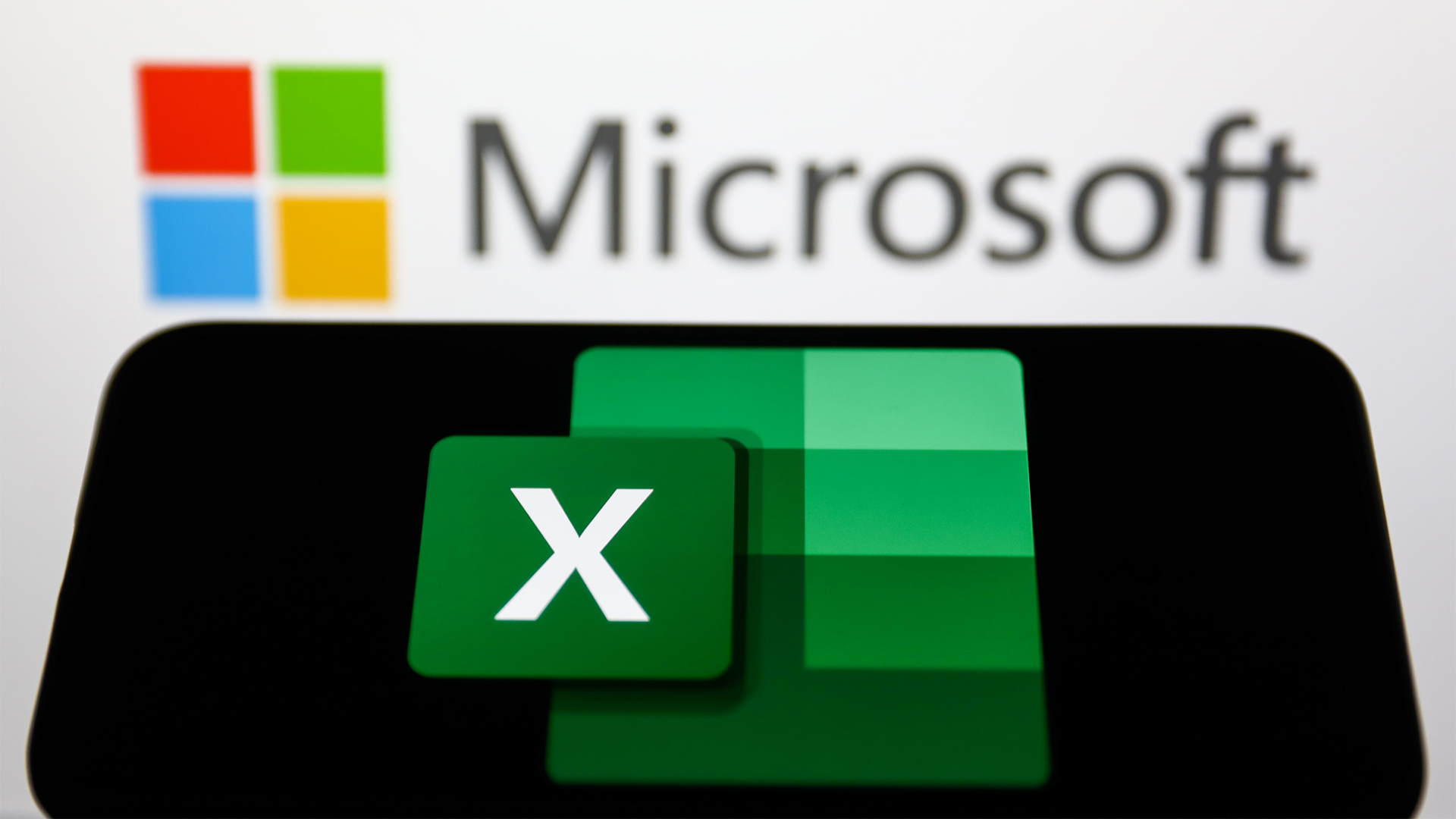Samsung Chromebook Series 5 review
As the first laptop to come pre-loaded with Chrome OS, Samsung's Series 5 Chromebook has certainly made an impression, but is it right for business? Tom Morgan and Alan Lu take an in-depth look.
As a thin client, Chrome OS is mostly a success; its ability to work solely within the cloud means it's very well locked down, but this also means it's entirely dependent on an internet connection. Without one, its usefulness is currently severely restricted. If these two points aren’t an issue, it is an excellent way to reduce your hardware acquisition and support costs over the equivalent Windows machine, but even so given the current limitations and restrictions in the design of Chrome OS we would think very, very carefully before committing to even a small-scale deployment.
Currency exchange
Overall, in spite of its limitations Chrome OS and the Series 5 work reasonably well together, but no more so than if it was running Windows 7 Starter Edition. Sturdiness issues aside, the Series 5 is a fine piece of hardware. Deciding whether Chrome OS is right for you is trickier. If you can cope without Windows, or perhaps more importantly Microsoft Office, and can guarantee a wireless network, Chrome OS might be the ideal thin client; secure, simple and inexpensive, with little to no setup and free to redistribute between users without having to reformat or restore every time.
At a retail price of 279 ex VAT for the the WiFi-only version and 333 ex VAT for the 3G version, the Series 5 is priced perilously close to Sony's recently refreshed VAIO Y series ultraportable laptop. That Windows-based machine is more powerful and, more importantly, much more versatile, so if your business is more reliant on specific programs than the cloud, it could be a better option.
However, it's not quite that simple since enterprises and education institutions can lease 3G-capable Series 5 Chromebooks for 22 a month, which includes technical support and a web-based management console from Google, but excludes 3G costs. Even at a cost of just under 800 per netbook over three years, the possible savings in effectively outsourcing technical support to Google could prove irresistible despite the usability problems in Chrome OS.
Verdict
As a thin client, Chrome OS is mostly a success; its ability to work solely within the cloud means it's very well locked down, but this also means it's entirely dependent on an internet connection. Without one, its usefulness is currently severely restricted. If these two points aren’t an issue, it is an excellent way to reduce your hardware acquisition and support costs over the equivalent Windows machine, but even so given the current limitations and restrictions in the design of Chrome OS we would think very, very carefully before committing to even a small-scale deployment.
SPECIFICATIONS Processor: Intel Atom N570, 1.6GHz Memory: 2GB 1,333MHz DDR3 RAM Graphics: Intel HD Graphics Hard disk: 16GB Solid State Disk Display: 12.1in 1,280x800 pixel, LED-backlit screen Features: one megapixel camera, microphone, stereo speaker Connectivity: 802.11b/g/n Wi-Fi, 3G WWAN modem Ports: 2 x USB2, 1 x 4-in-one memory card reader, 3.5mm headphone and microphone combo audio socket Dimensions: 294x218x20mm (WxDxH) Weight: 1.5kg Warranty: 1 year Collect and Return warranty (retail) OS: Chrome OS BENCHMARK RESULTS Image editing N/A Video encoding N/A Multiple apps N/A Overall N/A SunSpider 1496.5 Light usage battery life – 11h26m POWER CONSUMPTION Sleep 0W Idle 12W Active 18W
Sign up today and you will receive a free copy of our Future Focus 2025 report - the leading guidance on AI, cybersecurity and other IT challenges as per 700+ senior executives
-
 Trump's AI executive order could leave US in a 'regulatory vacuum'
Trump's AI executive order could leave US in a 'regulatory vacuum'News Citing a "patchwork of 50 different regulatory regimes" and "ideological bias", President Trump wants rules to be set at a federal level
By Emma Woollacott Published
-
 Microsoft Excel is still alive and kicking at 40 – and it's surging in popularity as 82% of finance professionals report ‘emotional attachment’ to the spreadsheet software
Microsoft Excel is still alive and kicking at 40 – and it's surging in popularity as 82% of finance professionals report ‘emotional attachment’ to the spreadsheet softwareNews A recent survey found Gen Z and Millennial finance professionals have a strong “emotional attachment” to Microsoft Excel
By Emma Woollacott Published
-
 LastPass hit with ICO fine after 2022 data breach exposed 1.6 million users – here’s how the incident unfolded
LastPass hit with ICO fine after 2022 data breach exposed 1.6 million users – here’s how the incident unfoldedNews The impact of the LastPass breach was felt by customers as late as December 2024
By Emma Woollacott Published